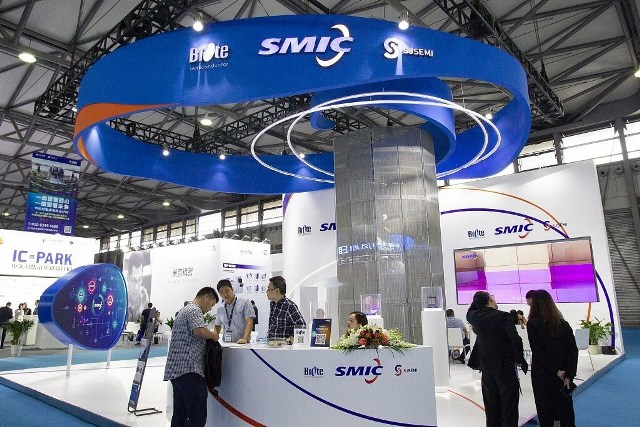Semiconductor Manufacturing International (SMIC) will jointly invest in a $2.35 billion project with the government of Shenzhen to make 40,000 wafers per month in the southern Chinese city from 2022.
 SMIC, China’s largest chipmaker, said in an exchange filing that Shenzhen government company Shenzhen Major was expected to take a stake of no more than 23 percent in its subsidiary SMIC Shenzhen, the intended operator of the project, under a framework cooperation agreement, with SMIC retaining around 55 percent.
SMIC, China’s largest chipmaker, said in an exchange filing that Shenzhen government company Shenzhen Major was expected to take a stake of no more than 23 percent in its subsidiary SMIC Shenzhen, the intended operator of the project, under a framework cooperation agreement, with SMIC retaining around 55 percent.
“The company and Shenzhen government will jointly drive other third-party investors to complete the remaining capital contribution,” it said.
The venture will give Shanghai-based SMIC, which was blacklisted by the United States in December, much-needed extra production capacity amid a global chip shortage as the COVID-19 pandemic drives up demand for electronics, such as laptops and phones.
SMIC’s co-CEO Zhao Haijun said last month the company could not meet customer demands for certain mature technologies and its plants have been running “fully loaded” for several quarters.
The Shenzhen project will “focus on the production of 28 nanometer and above integrated circuits and technical services with a goal of achieving eventual production capacity of about 40,000 12-inch wafers per month,” the filing said, adding that production was expected to commence in 2022.
The SMIC board believes the capital contribution to SMIC Shenzhen will enable the company to “expand its production scale, advance its nanotechnology service and thus achieve a higher return,” it added.





